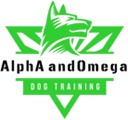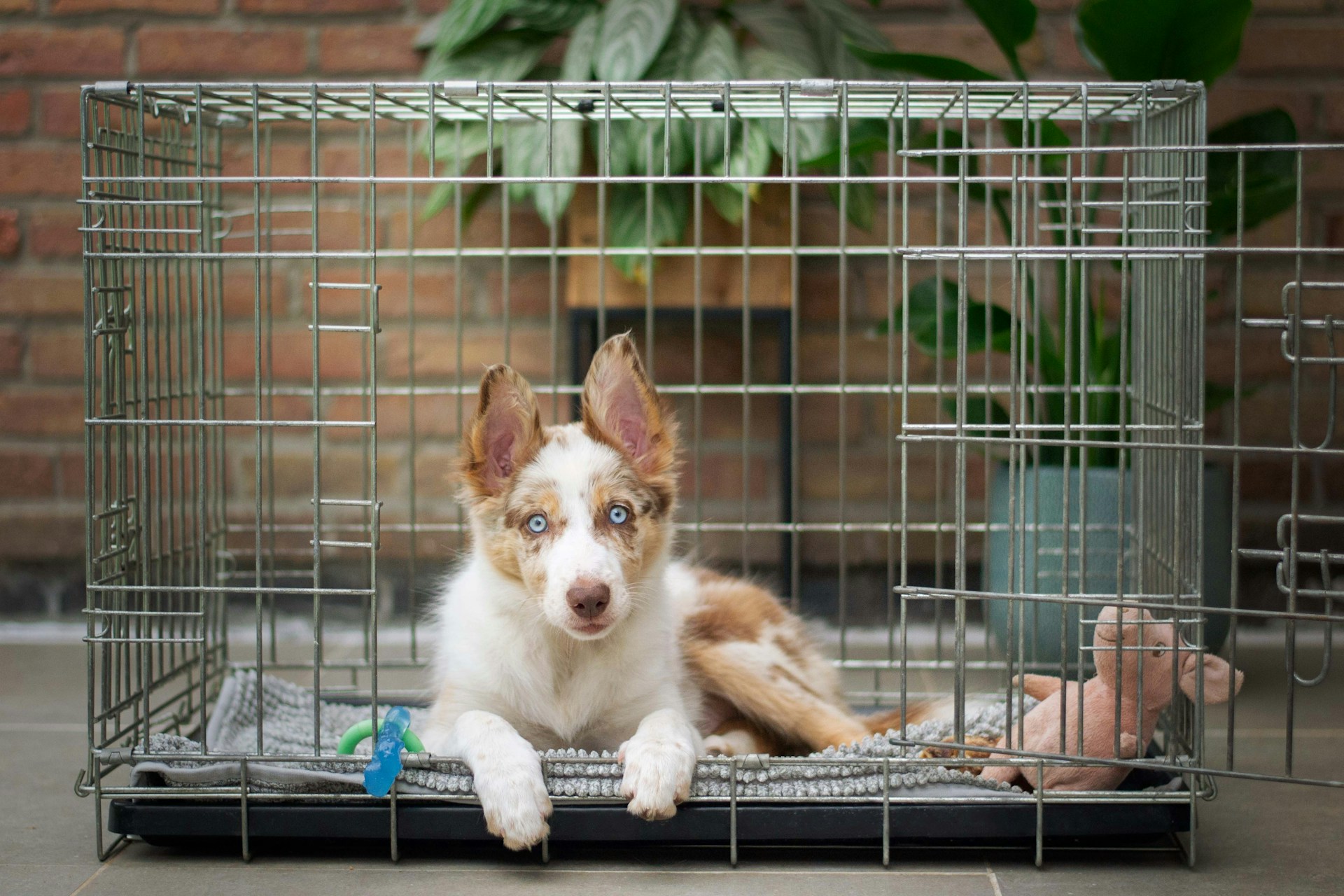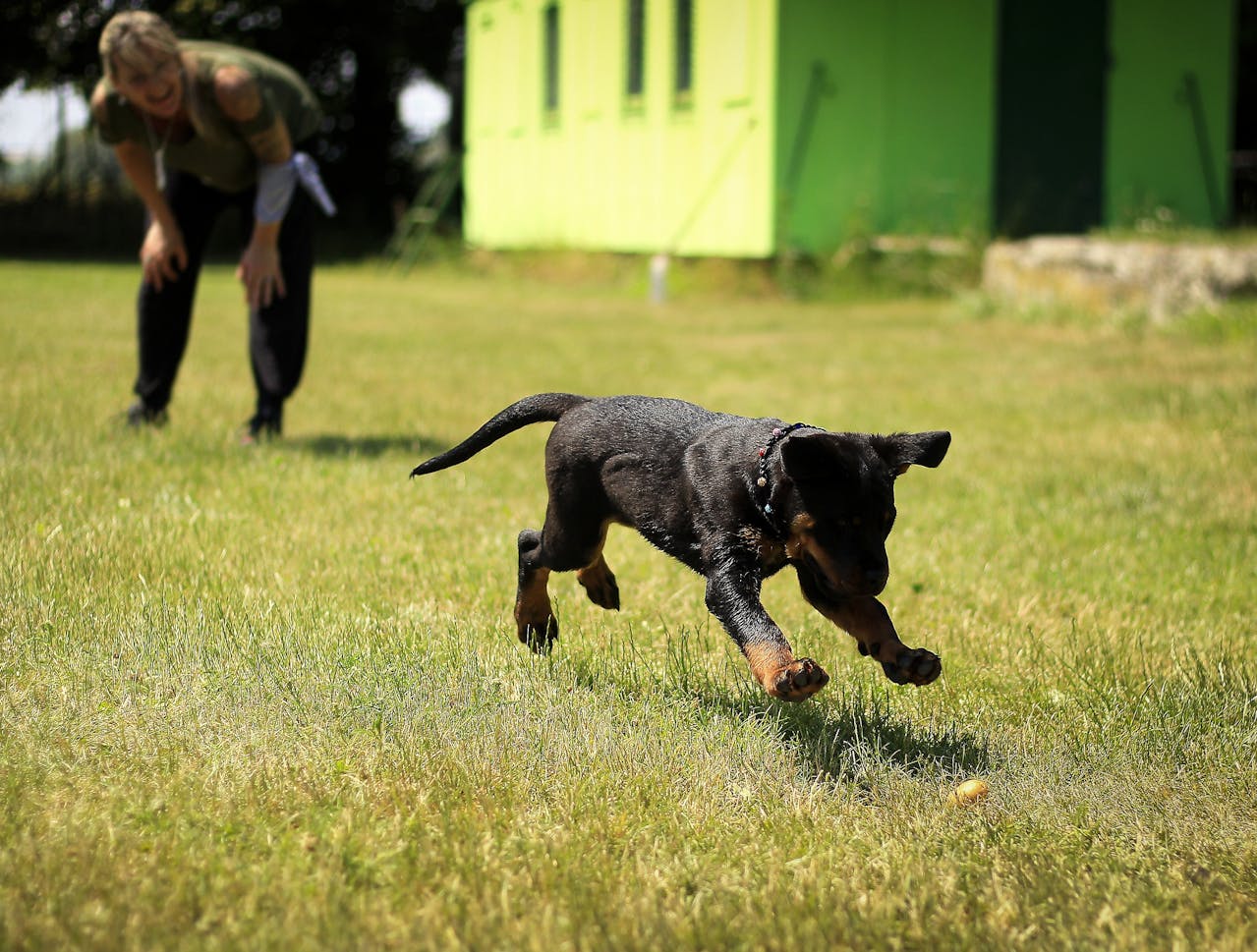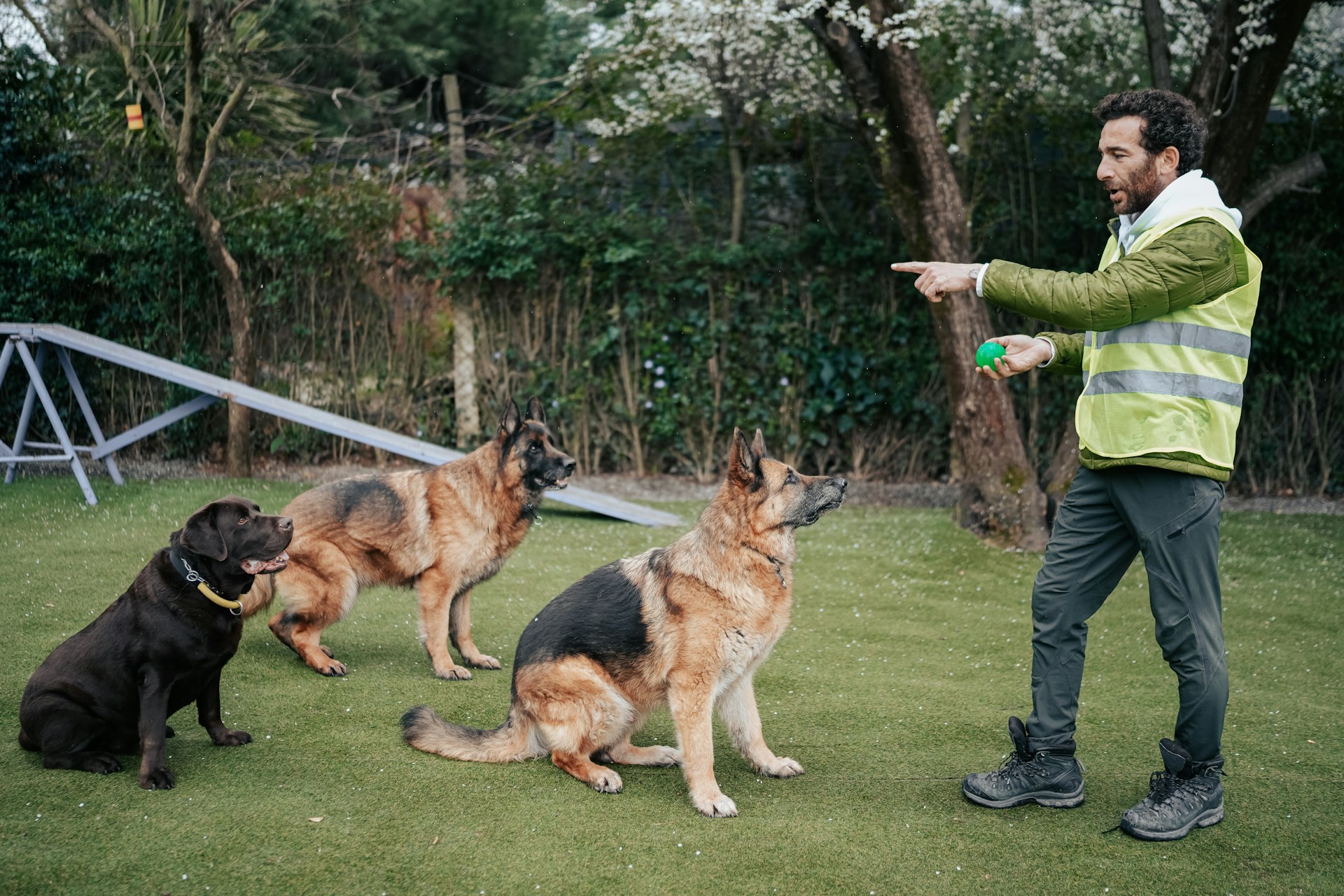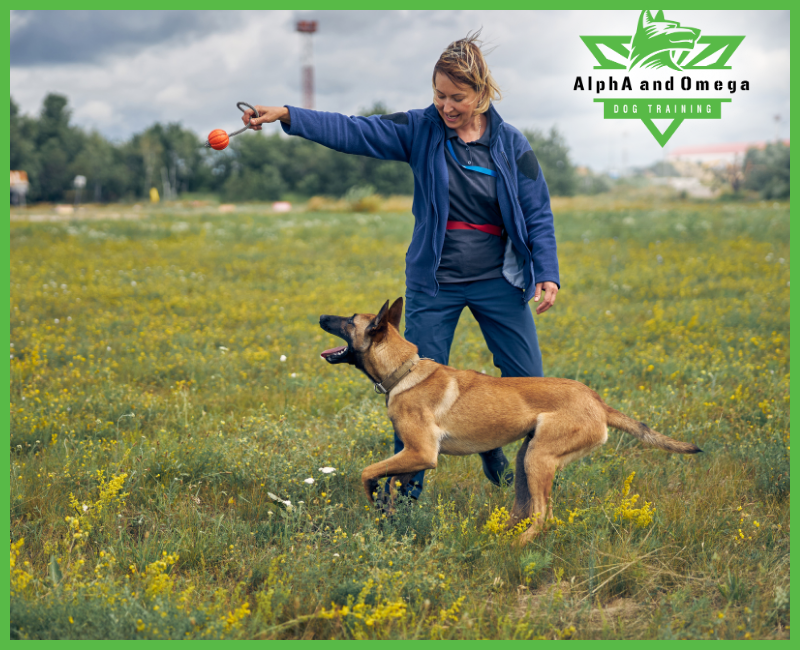(♠) This is a nugget. When you see a nugget, pay close attention, because you’re getting really good information. Whether you have a rescue, a new puppy, or an adolescent on the verge of becoming a dog, you know your dog needs training.
And you’re more than willing to devote time and money to it. But how do you find a good dog trainer? Most likely you get referrals from friends or family. You go online to look at reviews and services, but it’s a lot of information to take in and you’re not sure which way to turn.
How Do You Find a Good Dog Trainer?
Types of Dog Trainers
There are varying types of dog trainers and each one offers different methods for services. So to start out, you need to know a few things. Ask yourself these simple questions: What do you want to get out of training? How do you want to accomplish that training?
When looking on a trainer’s website, you can usually tell what kind of trainer they are by the words they use or the training methods they suggest. According to Rover.com, a negative reinforcement/punishment trainer will talk about “prong collars, shock collars, and alpha rolling”. These trainers’ websites discuss the human taking the alpha role by dominating the dog into a submissive state.
To be clear, this is not the dog trainer you want for your pet. Your dog is an important member of your family. You want her to play with you and live a life without fear and intimidation. Nobody likes a bully.
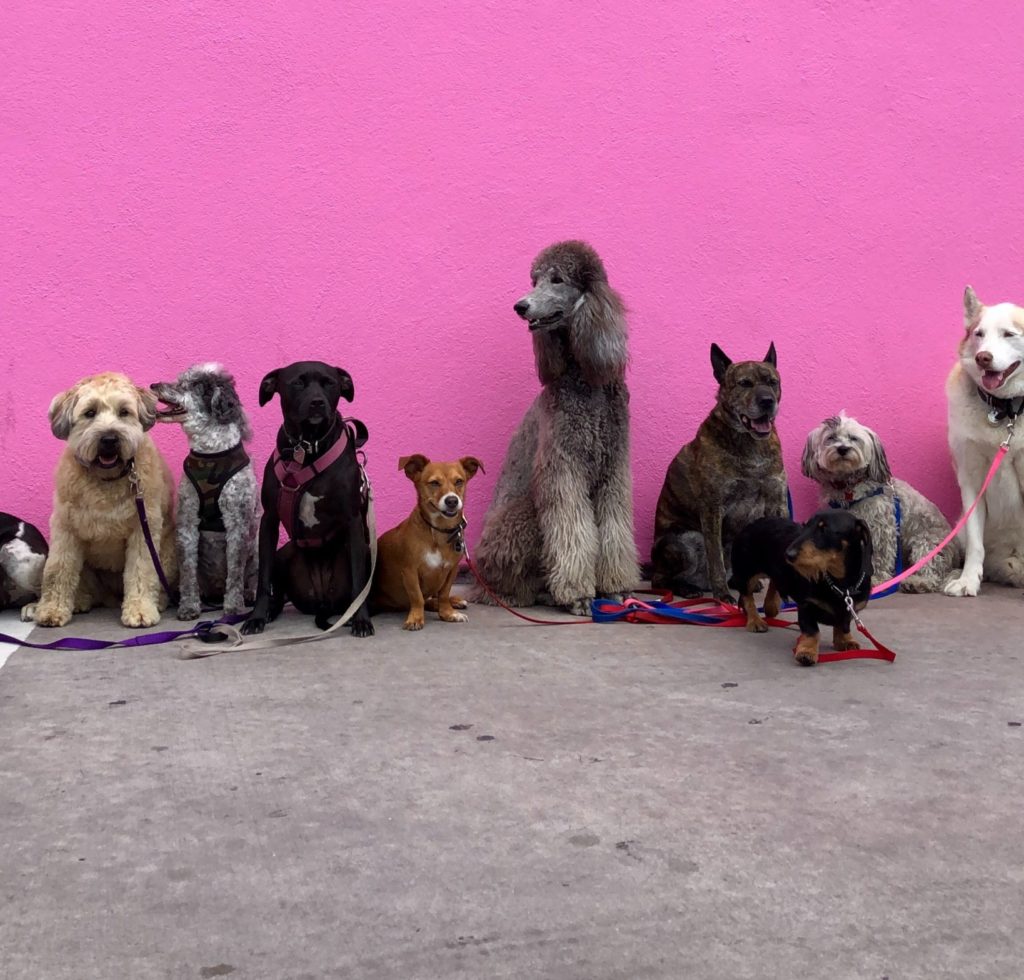
There is also the purely positive trainers. This type of training method utilizes treats to reward desired behaviors and ignores bad behaviors. This method is effective for training tricks such as roll over, play dead, speak, etc. It is also good for training some advanced behaviors in agility, nose work, and stage performance.
A balanced training program, like AlphA and Omega, uses words like “reward” and “communication”. They emphasize building a bond with your dog. They also talk about the importance of training the human to train the dog. Balanced training utilizes physical praise as the reward and intersperses playtime as part of the training. A properly balanced training program is most likely the best option for obedience training.
(♠) It’s important to note that being the “alpha” in the house, doesn’t mean you have to control your dog with fear, intimidation, or dominance. You can be the alpha and have a good relationship with your dog based on mutual respect.
Types of Training Classes
Now that you have an understanding of the various types of trainers, it’s time to find the right dog training class for you and your pup.
The first question to ask yourself, What do I need? Do you have a dog that barks at everything it sees on a walk? Or does your dog growl when you try to take food from her? Perhaps your dog is overly shy, timid or fearful. These dogs need behavior modification. A run of the mill puppy or dog training class will not help you, so don’t waste your money.
You need to find a dog trainer who offers behavior development. This is someone who has handled problem behaviors. They find the root of the problem and they know how to fix it.
Do you have a puppy who is giving you trouble with potty training? Maybe your new dog needs to learn the essentials like sit, down, stay. In this case, you need to find a dog trainer who teaches obedience training.
Group classes are more likely to focus on teaching command training (you can accomplish this on your own). Anyone can teach their dog to perform a command. Obedience is having your dog perform the commands despite environmental distractions.
There are many training facilities that offer puppy training classes. This may help you learn how to teach commands and teach the dog how to play and interact with other dogs, but it is not proper socialization.
(♠) So how do you pick the right one? A good dog trainer is going to provide you direct access to them between training sessions. This way, if you have a question or don’t think you’re doing something correctly, you can reach out instead of waiting for the next training session. A trainer who has open communication with you, like AlphA and Omega trainers, are going to give you more for your money than a puppy training class at a chain store.
How To Find a Professional Dog Trainer?
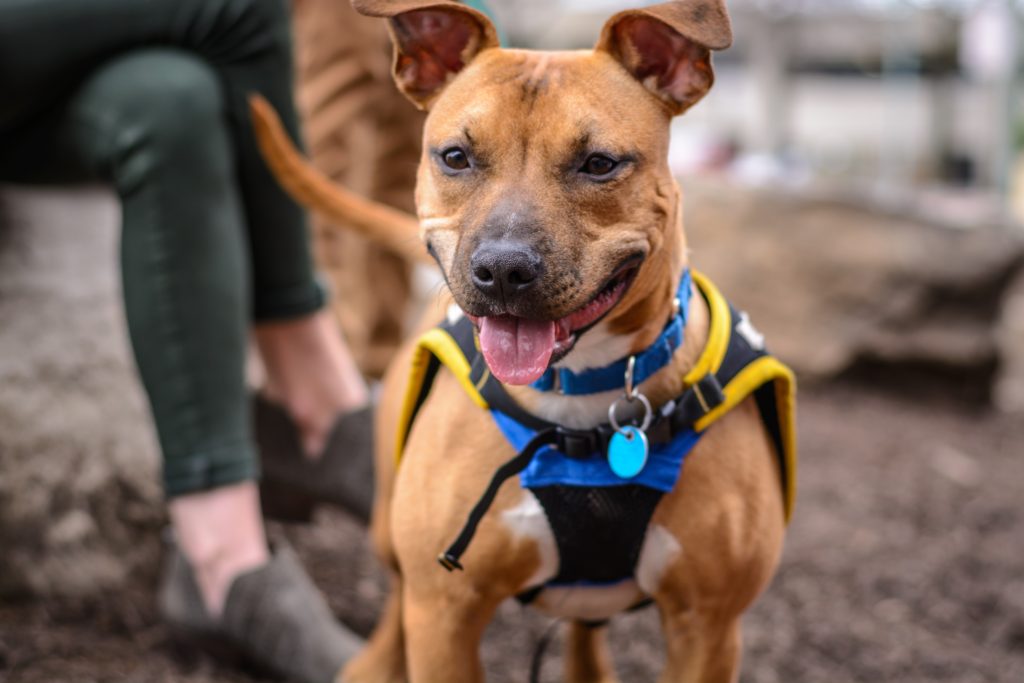
(♠) I want to start by saying that professional dog training is not a regulated field. That means that there are no statewide or national standards a person has to reach in order to call themselves a dog trainer. But people go to classes for dog training, you say. Yes, and people obtain certifications from various organizations.
For a fee, these organizations will offer an individual an academic test. All of that is true. Certified does not mean qualified. There a number of dog trainer certification courses that exist. Some of them are very good at teaching their student’s dog handling, dog psychology, and dog communication. However, that doesn’t change the fact that anyone can call themselves a dog trainer.
So How Do You Tell the Difference Between Some Random Person and a Qualified Dog Trainer?
Great question! A good dog trainer shows the actual clients and dogs they have worked with. Beware of generic testimonials and reviews that appear on their website. Don’t give too much credence to the various emblems and logos plastered on their site. For those who have become qualified through apprenticeships, like AlphA and Omega offers, their websites are going to mention the years they’ve spent training dogs and possibly the people they apprenticed under. These trainers have spent years learning about dogs with hands-on experience.
They’ve watched packs form and interact. They’ve learned how dogs and humans communicate best. They know dogs and they know humans. There are a number of training programs for people wanting to become dog trainers.
You don’t need to know what these are, but (♠) you do need to know which ones to look out for. If you see a certification listed on a dog trainers website, make sure to do a quick Google search for that school. There are some schools that are completely online and don’t require the trainer to interact with dogs before graduation. You do not want to go to a trainer who has never handled a dog before.
Now you know what to look for when searching for a good dog trainer. If you are in Cleveland, Tampa, Fort Lauderdale, or Miami, I can assure you that who you’re looking for is here at AlphA and Omega. We train with a balanced approach, so you can connect with your dog. With everything from Proven Puppy Training and Dog Behavior Training, to Specialty Training and Board and Train, we will meet all of your dog training needs.
